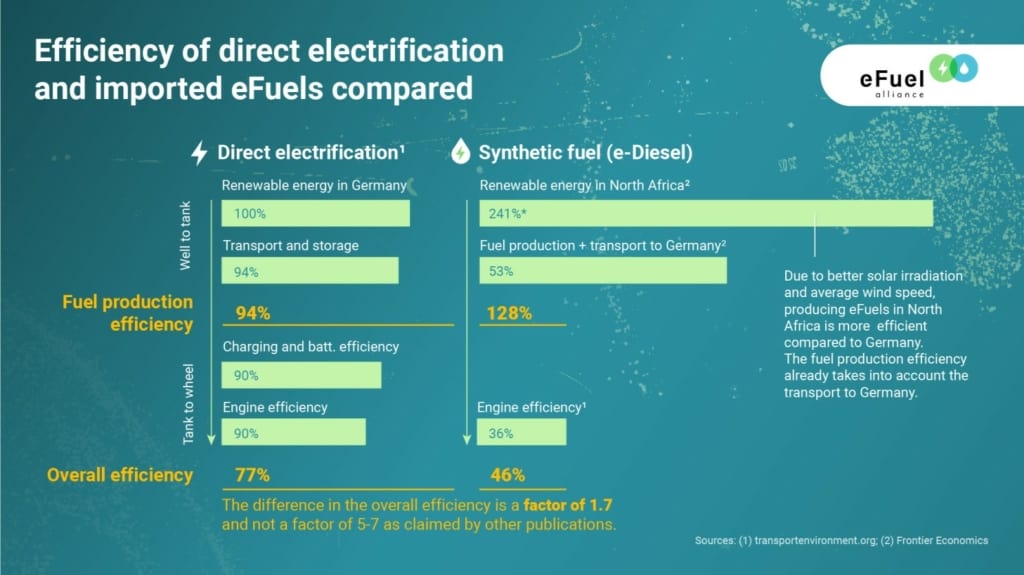The biggest challenge of our times is the challenge of climate change. I am convinced, that with the help of efuels, we can reach the necessary goals – and with taking over a global view to the problem.
Representing many highly developed industrialized countries, Germany faces the major challenge of how to realize its climate targets. The new Minister of Economics and Energy, Robert Habeck, has shown in his opening balance of climate policy that Germany is far from achieving them. Currently, only a 50 percent reduction of greenhouse gases will be met by 2030 compared to 1990. This means that Germany will miss its targets by 15 percent.
WHISHES AND REALITY ARE FAR APART
In the area of renewable energies, too, wishes and reality are far apart in Germany. The coalition agreement of the “traffic light” government defines 80 percent renewables as a target for 2030. A long way to go. At the same time, we will need large additional amounts of (ideally renewable) electricity in the future, because we will have to replace the nuclear and coal-fired power plants that are being phased out. Further we will have massively increased electricity needs due to electrification in transportation, our homes, and industry.
Globally, there are many countries around the world whose renewable energy potential is not sufficient to meet demand, for example densely populated Asian countries such as Japan, Indonesia and India. At the same time, the demand for electricity is fortunately increasing in many countries. Fortunately, because this hints to a better quality of life and rising living standards.
The gap between demand and availability shows that the expansion of renewable energies is the biggest hurdle – worldwide. The solution requires a globally minded approach. Greenhouse gases and fossil fuels must be reduced everywhere. The good thing is, there is a solution to this problem: whether hydropower in Norway, wind power in Chile or solar energy in the Sahara. Ideal locations exist in many different countries. Even more encouraging is that not only is the energy available, but there are ways to generate it, store it, and distribute it using existing infrastructures. This is precisely the basic idea behind the production and use of synthetic fuels.
After all, if the sun shines for an average of 1700 hours a year in the sunniest spots in Germany, such as Freiburg, it shines for 4300 hours a year in the Sahara. A wind turbine in Chile has about 4 times more full load hours than a comparable one in Germany. It is true that more energy is needed to produce efuels than for direct electric applications. However, this is compensated by the higher energy yield at favorable locations, which means that efficiency differences in production compared to direct electrification are equalized. It is also clear that renewable electricity from Patagonia or North Africa can only be imported by converting it into “transportable” molecules.
BENEFIT FOR ECONOMIC WEAKER COUNTRIES
At the same time, technology is exported, investments are made in other countries, and value is generated. By analyzing multiplier effects that amplify the impact of local investment, research shows that eFuels production could create up to 278,700 new jobs, 18,900 directly and 259,800 indirectly with upstream suppliers. This applies to almost all countries in Africa and the Middle East, but also to large parts of Central and South America and many countries in Asia and Australia. Economically weaker countries in particular would benefit from this, but also those that are heavily dependent on fossil fuel exports.
This means that through global energy partnerships, the energy transition can become a global success story.
In addition, energy autonomy, for example in the European Union, is hardly achievable. This is no different in times of fossil or nuclear supply. In 2019, for example, the EU imported 60.2 percent of its energy – more than ever before. By spreading the supply over many shoulders, dependence on individual countries is avoided. Furthermore: If other states are not involved, we will not convince them to change. On the contrary, it is precisely the worldwide network of the European economy that offers the leverage to bring about global change and secure millions of jobs in the globalized world. In the end, we must develop better business models than the production of fossil fuels.
Let’s work together on this.
The entire article with references has been published on LinkedIn
Since 2021 I am chairwoman and speaker of the eFuel-Alliance.

 Monika Griefahn GmbH
Monika Griefahn GmbH
Leave a Reply